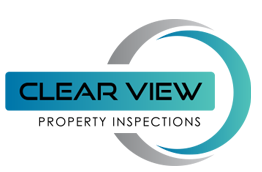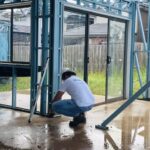NSW Pool Certification
NSW Pool Certification Guidelines
Homeowners in NSW with swimming pools have an obligation to prioritize the safety of their families and the public. The primary responsibility is to guarantee that the pool complies with safety standards and functions effectively as a barrier, preventing unsupervised access by children. Additionally, if you rent out your property, it is necessary for the swimming pool barrier to possess a valid Pool Safety Certificate as per legal requirements.
Pool Barrier
It is crucial to make sure that your swimming pool is secure and meets the necessary standards. Check that the pool enclosure functions properly and there are no potential ways for a child to reach the swimming pool unsupervised. While it’s important to meet legal obligations, if you own a rental property whether privately or through an agent, your pool barrier must have a valid Pool Safety Certificate.
The pool barrier must meet the following requirements:
- The pool fence must have a minimum height of 1.2 m, with no climbable objects or hand/foot holds within a 900mm radius of the pool fence.
- There should be no gaps larger than 10cm between vertical elements and no gaps larger than 90cm between horizontal elements in the pool fence.
- The gate should be self-closing and self-latching, ensuring it is secure at all times.
Pool Certification
Ever wondered about the purpose of a Pool Safety Certificate? In NSW and Sydney suburbs, there are numerous pools, and to regulate this, the NSW government has put in place regulations requiring all homeowners to have a pool safety certificate when leasing their property. This certificate serves as proof that your pool complies with safety standards and ensures the safety of occupants and visitors. To ensure compliance with pool safety regulations in NSW Sydney, pool owners should adhere to the following guidelines:
- Regularly inspect your pool fence and ensure it is in good condition.
- Conduct regular inspections of your pool fence to ensure it is in good condition.
- Keep the gate self-closing and self-latching at all times.
- Regularly remove any climbable objects or potential hazards from around the pool fence.
- Seek professional help if repairs or maintenance are needed to ensure the pool barrier remains compliant.
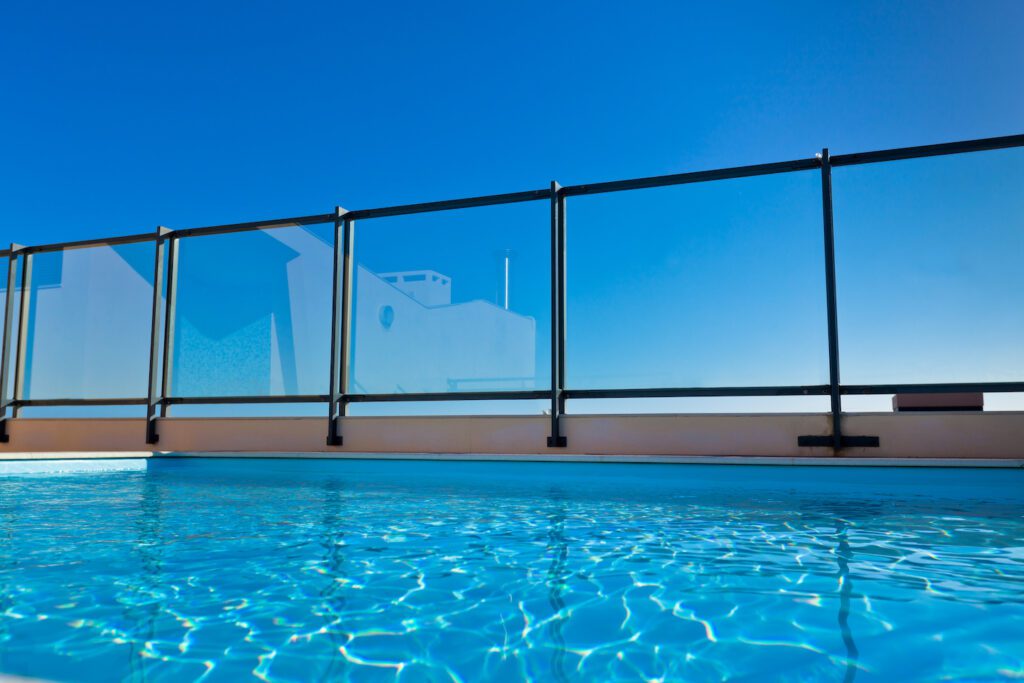
Swimming Pool Fencing or Pool Barrier – A Pool Safety Requirement in New South Wales
Criteria of a Pool Safety Certificate
A Swimming Pool Certification is a document given to homeowners by local authorities or pool certifiers, recognizing that their pool barrier meets the requirements of the Swimming Pools Act (currently 1992 No 49), Swimming Pool regulations (2018 at present), and the applicable Australian Standard AS1926.1. The specific year of reference for the standard depends on when the swimming pool was constructed and several other considerations.
Rental Properties and Pool Safety Certificate
In NSW Sydney, it is required by law for homeowners to have a valid Pool Safety Certificate before leasing their property with a pool. In order to ensure the safety and compliance of residential swimming pools in NSW Sydney, the local government has implemented regulations requiring homeowners to obtain a pool safety certificate before leasing their property.
If you intend to sell your property, you will also need to provide a Pool Safety compliance certificate, although the regulations may vary slightly. If your pool does not meet the swimming pool barrier requirements, the Swimming Pool Certifier or Certifiers can issue a Non-compliance certificate. The property can then be sold with a non-compliant swimming pool and certificate. Your local council can also issue a non-compliant Pool Certification rather than using private Pool Certifiers.
Homeowners and new home buyers
Homeowners and new home buyers should be aware of the regulations and requirements regarding pool safety in NSW Sydney. This includes understanding the need for regular inspections and maintenance of pool fences, keeping gates self-closing and self-latching, removing climbable objects near the pool fence, and seeking professional help for repairs or maintenance.
The rationale for permitting properties to be sold with non-compliant pool certificates is that the new owners are fully informed and advised by their lawyers or conveyancers during the purchase, and they understand that they need to address any swimming pool barrier non-compliance issues within 90 days of settlement. Buyers should be mindful that the local council is also notified and well-informed, and they will monitor the repairs closely, taking necessary enforcement measures such as legal action or fines.
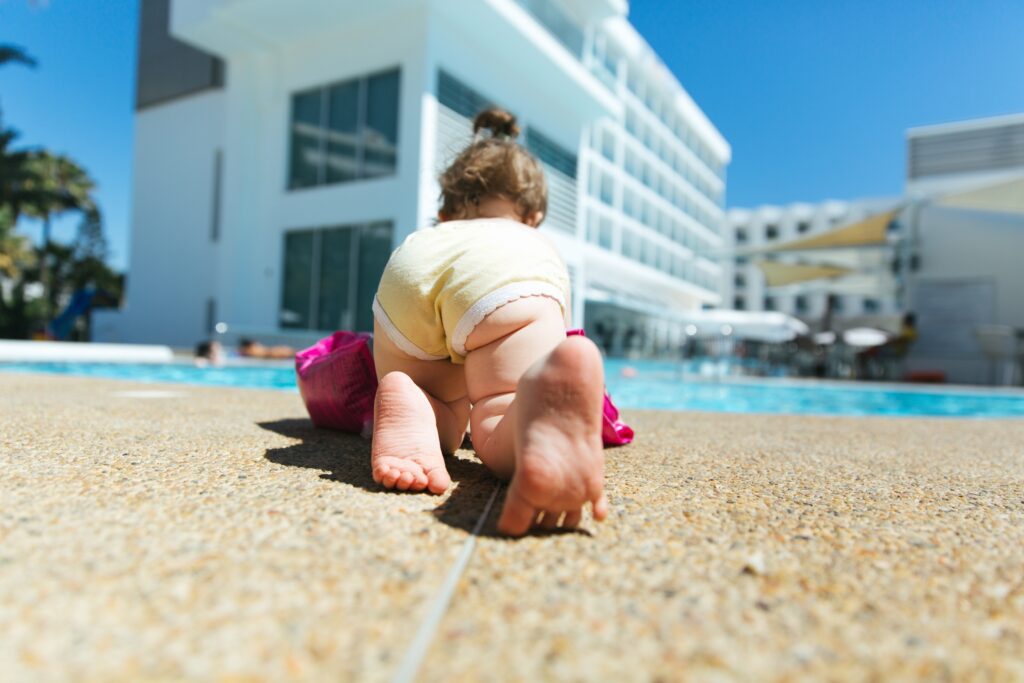
Hire a pool inspector and get a pool safety certification to ensure your backyard is safe for children of all ages.
To all home owners, you must first go to the swimming pool register and register your pool. Visit https://www.swimmingpoolregister.nsw.gov.au/ for more information.
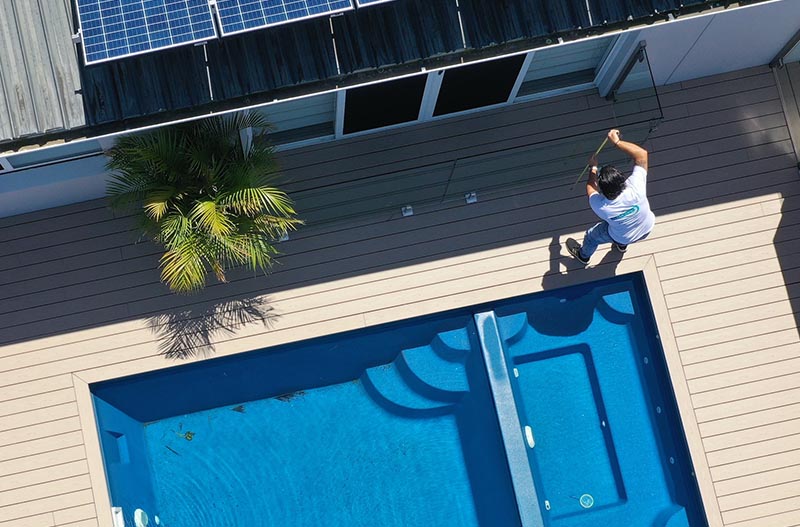
Clear View Pool Safety Inspector and Certifier
Pool Inspections and Pool Certifications for NSW Residents
In the swimming pool register, you’ll find numerous resources to conduct your own safety check and verify that your pool gates and fences are secure and meet regulations. At Clear View Property Inspections, we offer complimentary guidance as well as a consultation service for swimming pool safety. Whether it’s an existing pool in need of an updated barrier or a new construction, we can help ensure compliance and safety.
Compliance with pool safety laws and regulations is crucial to prevent drowning incidents, especially among young children. It is important for property owners to understand their responsibilities in maintaining and ensuring compliance with pool safety regulations. Regular inspection and maintenance of pool fencing is necessary to ensure compliance with legislation.
At Clear View Property Inspections, we have licensed Swimming Pool Certifiers and Builders and can help you every step of the way in making your swimming pool compliant and ensuring pool safety!
For any enquiries, call us on 02 8329 7997!
